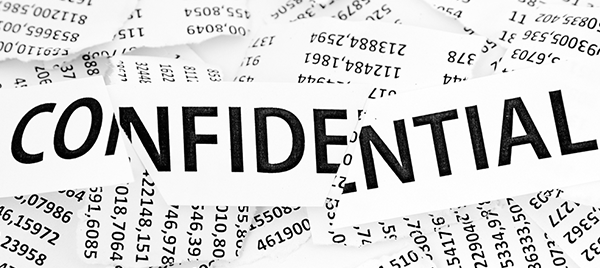The number of those affected by identity theft is on the rise again according to recent research. A quarter of consumers that received data breach letters last year wound up becoming a victim of identity fraud. That boils down to about 12.6 million people – up a million people from the year before.
The news comes as part of an annual study performed by California-based Javelin Strategy and Research. Jim Van Dyke, the company’s CEO, insists the study shows that consumers should take data breach notification letters more seriously and better protect their personal information.
“This underscores the need for consumers to take all notifications seriously. Not all breaches are created equal,” Van Dyke wrote in a statement on the research.
The study notes that $21 billion was stolen in 2012 from those almost 13 million consumers, higher than any amount in the last three years.
The report goes on to highlight the importance of safeguarding information other than just your credit card number. Last year 10 percent of incidents involved consumers’ online banking login, username and password while 16 percent of incidents involved consumers’ Social Security numbers.
Identity theft and cybercrime are major problems for consumers, and while they’re often the ones who suffer the most from data breaches, sometimes there’s only so much consumers can do. Corporations, state agencies, and those responsible for handling customers’ personal information are routinely found failing to properly protect it. The data breach in South Carolina that made headlines last fall stemmed from the state’s Department of Revenue accidentally leaking 3.6 million Social Security numbers and credit card numbers. Only 16,000 of the 387,000 credit card numbers were encrypted however, which maximized the attack and led the state down a long line of data privacy reform, employee training and attack analysis.
What you can do if you receive a letter:
- Pay close attention to any data breach notification letter you receive. Do not assume that the company notifying you about the breach will watch your account.
- Take advantage of any credit-monitoring services offered by the company.
- Change any pertinent information in the affected account and then watch any credit or other accounts attached to the affected service for unusual activity.
 data breach
data breach
